QDM, Shaman-style
I’m not trying to crow here. I’ve done so little over the past five years to make this happen, it would be hard to take credit.
As late as the end of last season, I had a hunter ask me, “Why is it you never see and bucks around here?” The reputation for our ridge for quite a while has been lots of deer, but no bucks. Frankly, I was just so happy to have 200 acres of my own to play with, I didn’t much care.
There have been a few exceptions. I took a nice 125-incher in 2003, and a fellow nailed a 17-point monarch coming off our property that same year on his first time deer hunting. However, the general trend has been to see a lot of does and a few of the tight-basketed young bucks and that is about it. The big boys tended towards other parts of the county. The concensus has been, if you see a buck on our ridge system, it is just passing through.
I put out a Moultrie game camera a few weeks ago, and lookee what I found:
These were the same two boys that busted us as we were putting up the new buddy stand a few weeks ago. All told, I’ve spotted 4 nice ones since June.
So what’s changed? Here’s what I’ve done:
1) Limited access. My 200 acres used to be everyone’s favorite place to hunt. It’s now just for me and mine. From what I gather, the neighbors have also been fairly stern. This trend started right after I moved in.
2) I’ve let the place go. The Wildlife Biologist talks about edge feathering. I tell the guy who hays: “Be Lazy.” That is, don’t mow so close to the fences. Don’t mow in the corners. Don’t feel you need to mow the steep slopes to please me. In some places, the cedars have taken over. That’s okay.
3) I’ve chisel-plowed a few patches to break up the hold the fescue had on some pastures. This stimulated forb growth and the deer use these spots for bedding as well.
4) I put out a few mineral licks each Spring, and refresh them in mid-Summer.
5) I fertilize a few patches of pasture after the haying to encourage forb growth.
. . . not all that much, really.
What I haven’t done:
1) Planting of food plots.
2) Supplemental feeding.
3) Overly intrusive things like logging.
4) Allow ATV’s on the property. We walk.
Probably the one biggest thing we have done is cut down on the annual harvest, and better than half the animals taken have been does. In the first two years, it was just me, then #2 son started to hunt with me. Now #3 son is looking to take his first. I’ve taken a maximum of two deer per year. With the heat off, my part of the ridge becomes a sanctuary for the deer. When the orange army descends in November, they shoo them all onto my property. I sit back and listen to all the ATV’s and pickup trucks roaring across neighboring ridges and smile. “Beaters.”
My point in writing this wasn’t to boast. First I wanted to let folks know that you do not need to be discouraged by lack of funds or time in the field. Given time, the deer will come. They will grow. They will sprout nice racks. Second, I wanted to let you know that sometimes just being lazy is the best way to go. Sometimes a weekend spent scouting and putting up new NO TRESPASSING signs is better than a weekend planting food plots.
Lastly, I just want to remind all of you that passing on the youngsters really does pay dividends. After my last big one, I’ve now gone two full seasons passing on smaller bucks. In 2004, I took 1 doe and left my second tag unfilled, waiting for a buck that might surpass the one I’d nailed the year before. In 2005, I passed on a nice respectable bow kill, and opted instead for a freezer filler. Those boys in the game cam are by no means monsters, but they tell me I’m on the way.
This post has already been read 296 times!
Views: 0
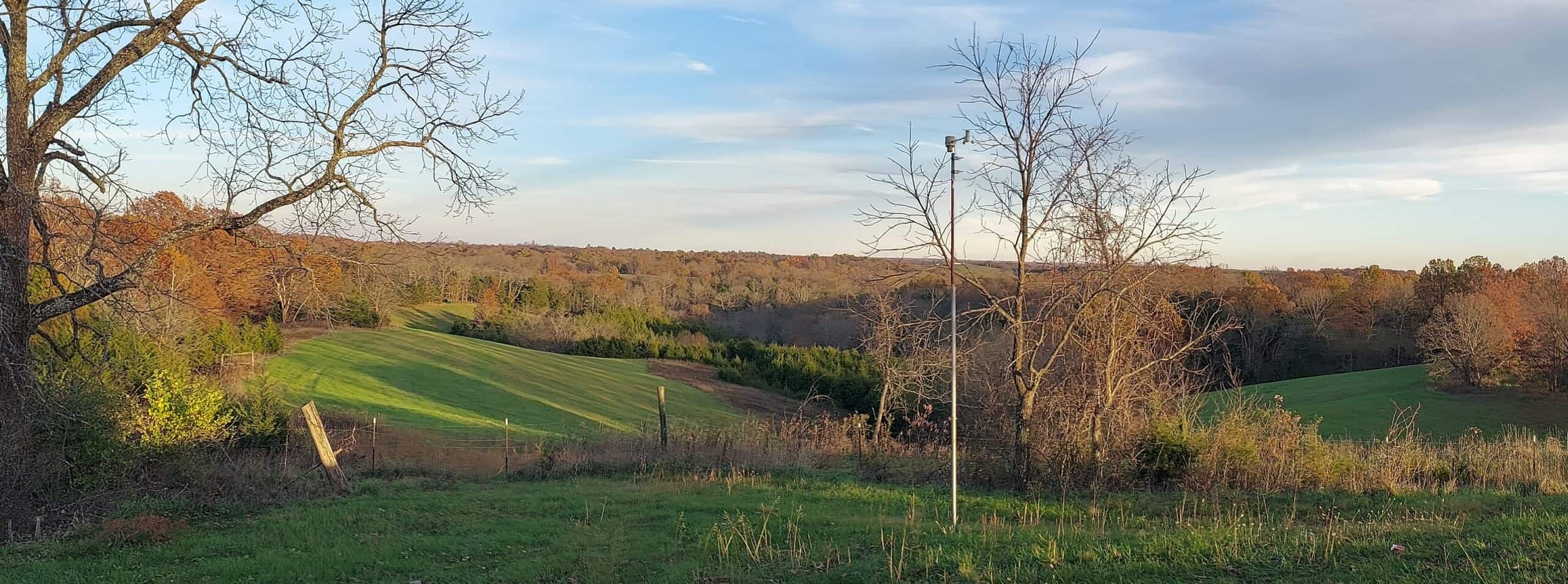
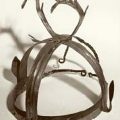
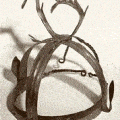
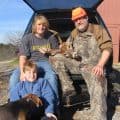
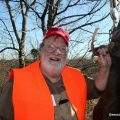
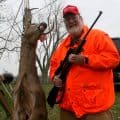

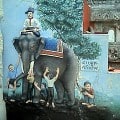
Nice work. I enjoy your blogs. I have 180 acres in Alabama. I do the food plot thing, but also pass on the small ones. It’s much like your situation, hunters all around me. I try to keep a “low impact” situation on our acreage. I usually hunt it maybe twice per week, never the same stand. Good luck to you